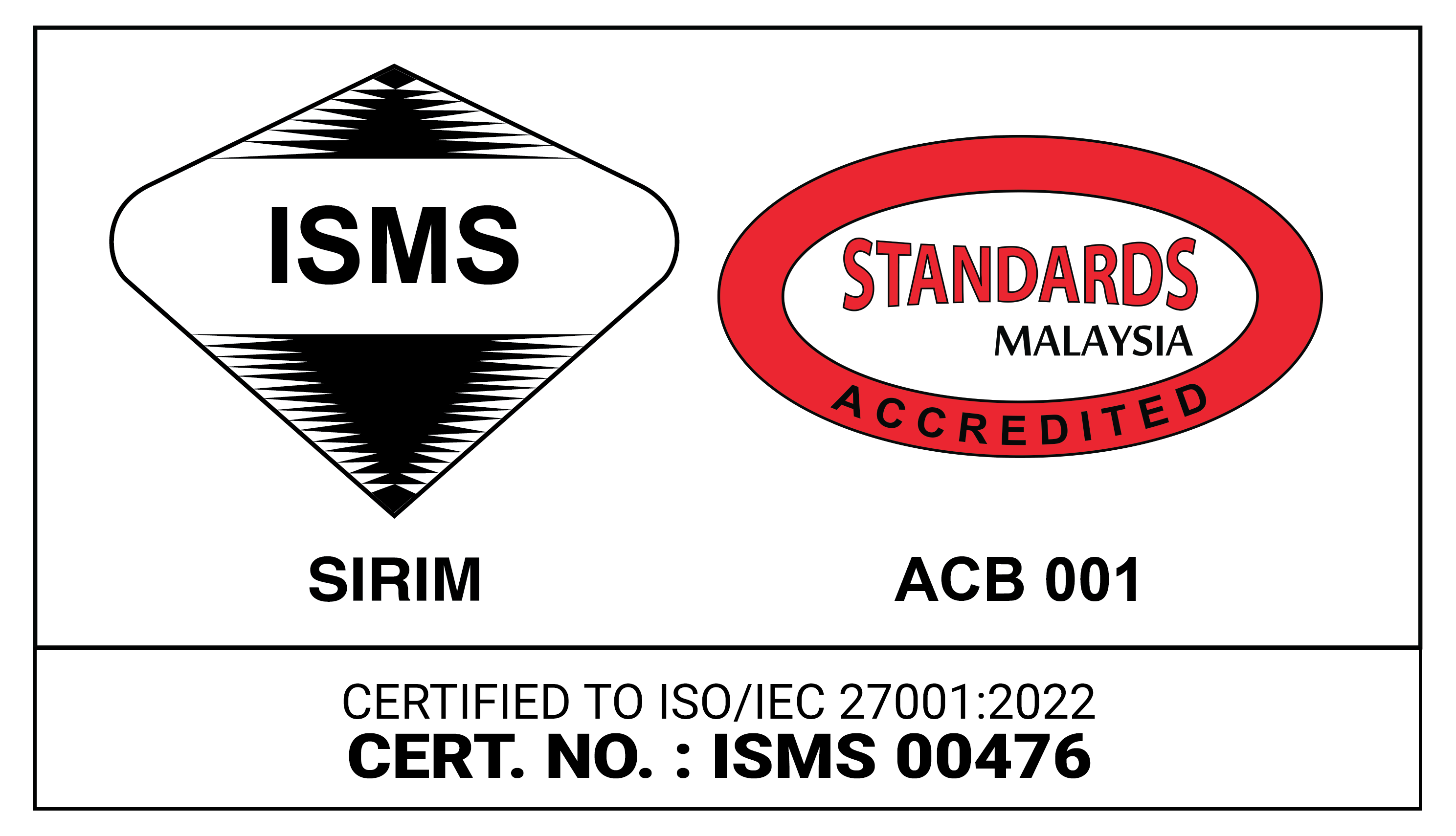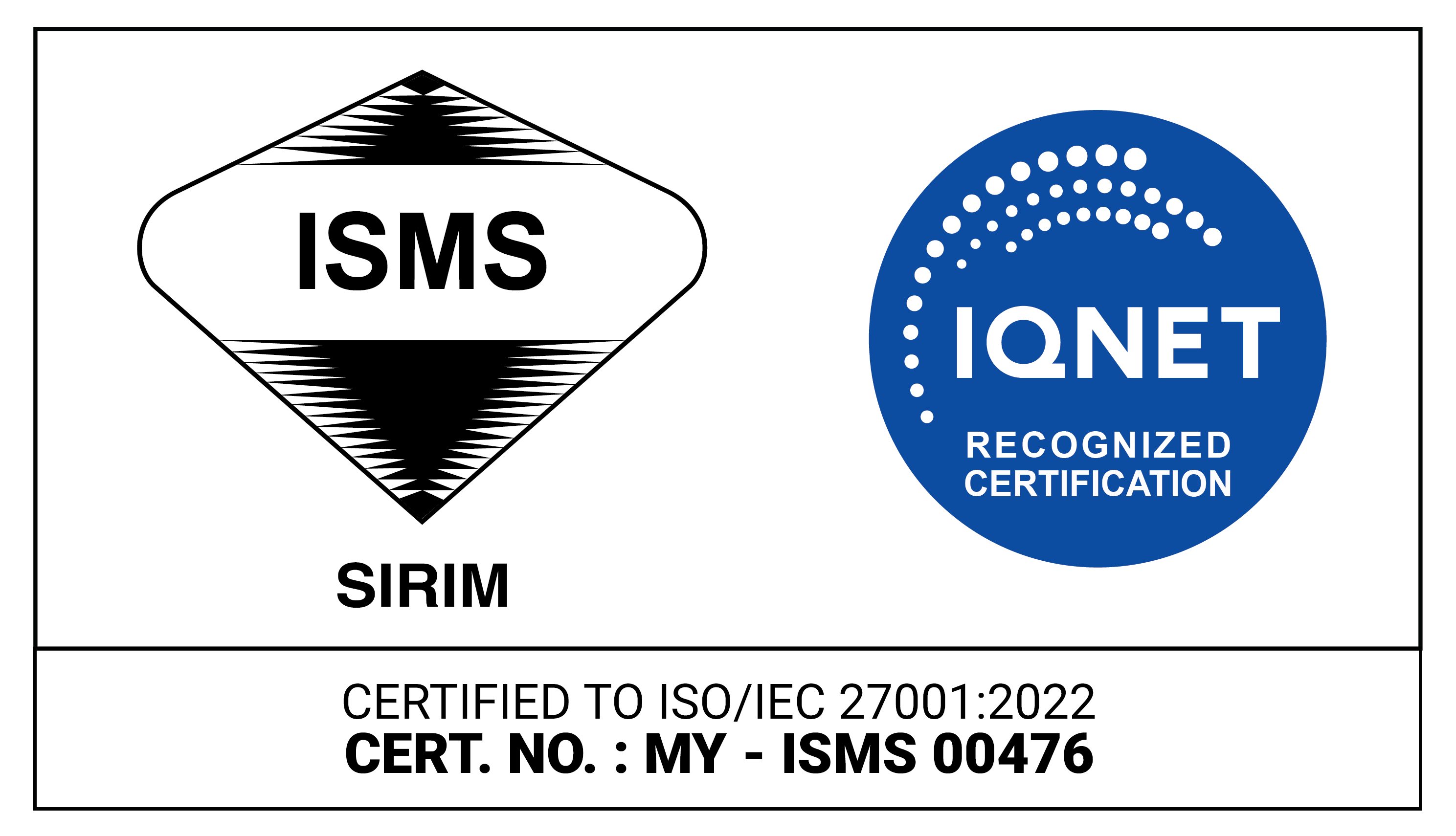|
INDUSTRY |
QUESTIONS |
ANSWERS |
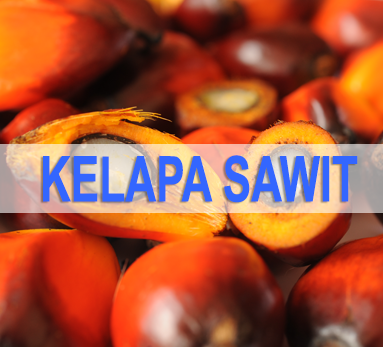 |
What are the strategies and measures to strengthen palm oil prices? | -Increase in palm Biofuel Blend with Diesel Petroleum B10 Biodiesel Programme (10% blend of palm biodiesel and 90% petroleum diesel)
-Strengthen existing major export markets, especially China, India, Pakistan, and the United States and promote palm products more aggressively to penetrate new markets such as the African continent. -Increase research and development (R&D) activities in the production of new products as well as add value to downstream commodities; -Improve market access to better markets through bilateral Free Trade Agreement (FTA) Negotiations and multilateral or regional negotiations. |
| What is the Ministry's plan in improving the socioeconomics of smallholders who rely on palm oil products especially during falling prices? |
-In order to reduce the level of dependence on oil palm yields, the Ministry strongly encourages smallholders to implement crop integration. This method, if practiced systematically, besides providing additional income to oil palm smallholders, will also reduce the country's dependence on importation of foodstuffs from abroad.
|
|
| The measures that have been and will be developed by the Ministry to assist all palm oil producers, especially smallholders, to obtain the Malaysian Sustainable Palm Oil (MSPO) which will be implemented on a mandatory basis by 1 January 2020? |
-To ease the financial burden of private smallholders, the expenditure for the implementation of the Malaysian Sustainable Palm Oil Certification (MSPO) is borne solely by the Government which includes training costs, auditing costs, costs of purchasing personal protective equipment and chemical racks. -The Government has also increased the MSPO auditing cost incentive rate from 70% to 100% and incentivised new MSPO preparation costs by 50% for estates with an area of 40.46 to 1,000 hectares. Meanwhile, incentives for organised smallholders have also been increased from RM10 per hectare to RM55 per hectare. For manufacturers, the Government incentivises up to 30% of the cost of auditing the certification. -The ministry is also actively conducting the MSPO Tour Programme for oil palm growers throughout the country. |
|
| What are the advantages of The Oil Palm Smallholders Replanting Easy Financing Scheme (TSPKS)? |
- This scheme is designed according to the latest needs of private oil palm smallholders in carrying out replanting activities. This scheme is open to those with oil palm trees over 25 years of age and above with a maximum financing limit of 6.5 hectares. The Government has devised the TSPKS scheme so as not to burden the oil palm smallholders with a low interest rate of 2%, a moratorium period of 48 months, no collateral and no guarantor. |
|
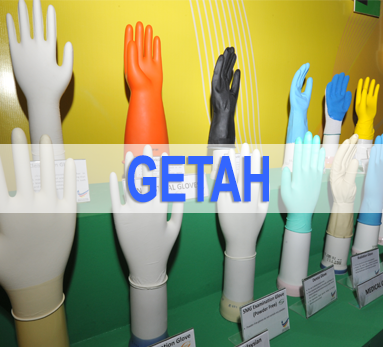 |
What are the measures to ensure that the Rubber Production Incentive (IPG) programme can be implemented more effectively and also benefit rubber tappers who do not have orchards and only take tapping wages? | Among the measures taken to ensure that IPG is effectively implemented are as follows:
(a) To obtain cooperation and assistance from the rubber licensees and village heads to collect and submit the smallholder IPG claim form to the nearest Malaysian Rubber Board (LGM) office. Therefore, smallholders can submit claim forms to their respective licensees or village heads; (b) LGM officers also descended the field to the hotspot as suggested by the village headman to collect IPG claim forms from smallholders. Among the hotspots are the Village Community Management Council (MPKK) hall, mosque or surau, District Office and nearby RISDA Office. Therefore, smallholders can submit the form to the location on the specified date and time; and (c) Establishing IPG coordination between Rubber Industry Smallholders Development Authority (RISDA) and LGM whereby RISDA plays a facilitator in helping to collect IPG claim forms from smallholders before being submitted to LGM. These approaches are expected to facilitate the process of IPG claims among smallholders thus ensuring that smallholders can enjoy the incentives introduced by the Government to reduce the burden faced by smallholders during low rubber prices. For rubber tappers who carry out tapping activities in other people's orchards, IPG claims can still be enjoyed through permission from the garden owner through the selection of mutual agreements. |
| What are the measures implemented by the Government to raise prices, thus increasing the income of rubber smallholders? | Among the measures implemented by the Government to raise prices, thus increasing the income of rubber smallholders are as follows:
(a) Price Fixing Mechanism at the Farm where the co-operative society will purchase rubber from smallholders at higher prices as the cooperatives deal directly with the processor factory in bulk; (b) Introducing MyROL online purchase system - Prices offered by purchasing centres through this system are more competitive and provide higher returns to smallholders; (c) Implement rubber production incentives (IPG) - encourage smallholders to continue tapping during low prices in the market.
Long-term measures (a) Increase the use of rubber in the country through the use of rubber in road construction and the production of new and value-added products based on rubber such as Seismic Bearing, rubber gloves and others; and (b) Malaysia works with major rubber producing countries such as Thailand and Indonesia under the framework of the International Tripartite Rubber Council (ITRC) to strengthen rubber prices. Under this partnership, the production share of these three countries is 67% of the world's natural rubber production in 2018. The Agreed Export Tonnage Scheme (AETS) is a short-term mechanism to reduce the supply of international rubber; |
|
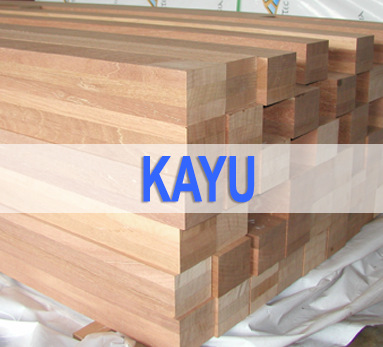 |
Where can I apply for a easy loan under PPLH? | All applications must be submitted to Forest Plantation Development Sdn. Bhd. (FPDSB); special purpose companies established to manage matters related to PPLH. |
| What species are approved under PPLH? | There are nine (9) species approved under PPLH namely TLC Rubber, Acacia, Kelempayan/Laran, Batai, Jati, Binuang, Khaya, Sentang and Buluh (Semantan, Beti, Betong & Hitam). | |
| Who can be contacted for certification services to timber resources? | For advice on wood resources certification, you may contact the Malaysian Timber Certification Council (MTCC) at 03-2161 2298 or e-mail to info [AT] mtcc [DOT] com [DOT] my address. | |
| Why is MYTLAS license necessary for the export of timber to international markets? | MYTLAS is supported by the Government of Malaysia to ensure that timber and timber products exported from Malaysia are produced in accordance with applicable national laws and laws, as required by the European Union Timber Regulations (EUTR). | |
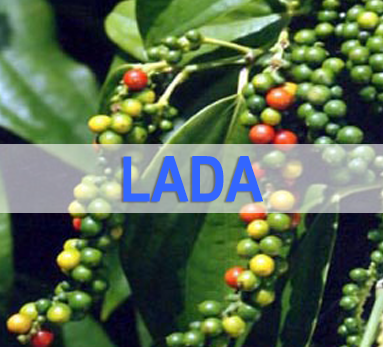 |
Requirements To Become a Pepper Exporter | Lihat di sini |
| Requirements To Become a Pepper Trader |
Requirements To Become a Pepper Trader 1. Complete the Pepper Merchant Registration Form The documents must be submitted to the nearest Malaysian Pepper Board office |
|
| Parameters For Importing Pepper Into Malaysia | Lihat di sini | |
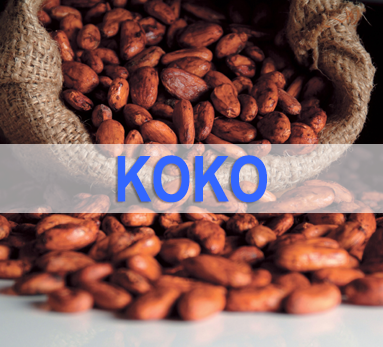 |
What are the activities of the Malaysian Cocoa Board? |
Cocoa cultivation - Advises farmers on cocoa crops & equipment, cocoa seedlings nursery, protector & crop system, preparation of planting sites, fertilizers, weed control, pruning, rehabilitation, pest management, cocoa disease management, spraying of insecticides, management of vertebrae animals, harvesting and fragmentation of pods, quality control of cocoa seeds, marketing and also as reference on the total cost and profitability in cocoa cultivation. Body Cleaning Product Development – Discoveries Research "Anti-Cancer" - Researching "cocoa tissue" to be used as a cancer cure. Food Biotechnology - Produces high quality of cocoa; and thus prevent the safety of cocoa products. |
| What are the incentives provided by the Malaysian Cocoa Board to cocoa producers? | Incentives - Garden Cleaning, 1000 cocoa seedlings for one hectare- (provided by MFIs and nursery entrepreneurs), fertilizers, insecticides, banana trees as protectors, utensils (pruning, harvesting), courses etc. | |
| What are the incentives provided by the Malaysian Cocoa Board to handmade chocolate entrepreneurs? | Incentives - Courses, molds, scrapers, "aprons" and invitations to chocolate fairs/sales. | |
| What are the types of chocolate produced by the Malaysian Cocoa Board? | Chocolate "Prebiotic" - High nutrition, lacks sugar content (suitable for diabetic patients) and works in intestinal cleansing.
Chocolate "Anti-Oxidant" - Tastes like "dark chocolate". "Anti-Aging", reduces cholesterol, balances glucose content in the body, prevents toxins in the liver and also acts as the body's defense mechanism (antibodies). Chocolate "Pralin" - Chocolate "pralin" is prepared from brown couverture blocks, prebiotic blocks , anti-oxidant blocks and compound blocks of milk. |
|
| What are the courses conducted by the Malaysian Cocoa Board? |
Advanced Cocoa Plant Technology Course - ( 3 days 2 nights) – Free |
|
| When is the Chocolate Course held? | Please see the course schedule on the official website Lembaga Koko Malaysia. | |
| When is the date of the Domestic Marketing Support Service (DCA) programme held every month? |
Please see the list of KSPD dates on the official website Lembaga Koko Malaysia. |
|
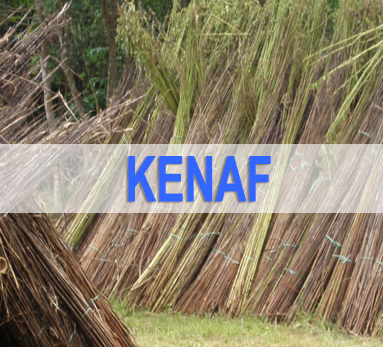 |
What is a kenaf? |
Kenaf or scientifically known as Hibiscus Cannabinus L. is a non-woody fibrous tree and is a short-term crop. Kenaf belongs to the malvaceae family and is under the genus Hibiscus which has similarities to bendi plants as well as cotton. It is also cultivated by China, Myanmar, and Indonesia. |
| Who can be contacted for advice on the kenaf industry? |
For information and advisory services on the kenaf industry, individuals/companies can contact the National Kenaf and Tobacco Board (LKTN) at 09-766 8000. |
|
| What types of assistance/incentives are provided in the kenaf industry? |
In an effort to encourage the cultivation of kenaf, MPIC through LKTN provides incentives for kenaf crops of RM2,385/hectare for the production of fibre and RM3,000/hectare for the production of kenaf seeds to smallholders. This incentive also includes agricultural inputs such as fertilizers and poisons, mekanisani services, quality supply of kenaf seeds and incentives for the purchase of kenaf. |
|
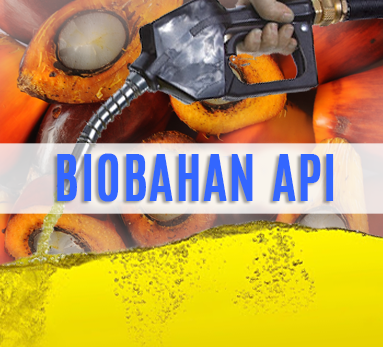 |
What is palm biodiesel? |
Biodiesel is an environmentally friendly biofuel that can be used as a substitute for petroleum diesel. It is produced from vegetable oils and animal fatty through chemical processes. In Malaysia, biodiesel is produced from palm oil and is known as palm biodiesel. |
| What is the difference between palm biodiesel and petroleum diesel? | Palm biodiesel is a renewable energy source and petroleum diesel is a limited resource. | |
| What types of diesels are sold at gas stations? |
There are two types of diesel sold at most stations namely Euro 2M (black nozel) and Euro5 (blue nozel). Diesel can be blended with palm biodiesel at the rate of 7% (B7),10% (B10) and 20% (B20). When the B20 programme is phased in, the B10 diesel will be replaced with B20 diesel. |
|
| Do other countries use biodiesel dough in diesel? |
The European Union, the United States, Indonesia, Thailand, Colombia, Argentina, Brazil and other countries have introduced the use of biodiesel batter with diesel. Indonesia has been implementing the B20 programme since 2016 and B30 started in 2020. |
|
| What is the implementation plan for the biodiesel program? |
The B5 programme was implemented in the transport sector in June 2011 and followed by the B7 Programme in December 2014. The mandatory implementation of B10 in the transport sector began on 1 February 2019 and B7 in the industrial sector on 1 July 2019. The B20 programme in the transport sector is being phased in throughout Malaysia beginning January 2020. |
|
| What is the National Biofuels Policy? |
The National Biofuels Policy was launched in 2006 and the Malaysian Biofuel Industry Act 2007 (Act 666) came into force on 1 August 2008 to achieve the target of the use of renewable energy in the country. The implementation of the B20 Programme is also in line with the National Automotive Policy (NAP) under the Ministry of International Trade and Industry (MITI) which only allows diesel vehicles that can receive 20% biodiesel blend to be sold in Malaysia starting January 2020. |
|
| Is palm biodiesel produced sustainably? |
Yes. Palm biodiesel is processed from palm oil produced through good planting practices and obtained sustainability certification (e.g. Malaysian Sustainable Palm Oil Certification – MSPO). Majority of palm biodiesel producers also obtain international sustainability and carbon certification (ISCC) certification. |
|
| What are the benefits of using biodiesel? |
Scientific studies have proven that the use of biodiesel is capable of reducing greenhouse gas emissions (greenhouse gases - GHG). Moreover, biodiesel contains a higher set number. This can improve engine performance and contribute to cleaner exhaust gas emissions. Sulfur content in biodiesel is approaching zero where the use of biodiesel will be able to reduce the emission of sulfur dioxide gases into the atmosphere resulting in acid rainfall. |
|
| What is the impact of the B20 programme on the environment? |
The implementation of the B20 programme for the transport sector will contribute to the reduction of GHG emissions equivalent to exhaust emission savings of 20% of the total number of diesel vehicles on the road per year. This will improve air quality especially in areas with traffic congestion. |
|
| Does the auto manufacturer (original engine manufacturer – OEM) guarantee the engine for the use of B20? |
In December 2016, the Japan Association of Automotive Manufacturers (JAMA) expressed support for the use of 20% palm biodiesel in diesel. MPOB field test results and JAMA comprehensive studies also show that B20 is suitable for use on diesel engines. Alternatively, Euro5 B7 is still available at certain gas stations. Consumers can get further information from the respective automakers, if necessary). |
|
| Can diesel vehicles currently using B7/B10 switch to B20 at any time? |
Yes. B7/B10 and B20 diesels can be used interchangeably on all diesel vehicles without any problems. |
|
| Will the maintenance or servicing time period be shortened by using B20? | Field tests on B20 use conducted since 2019 for 35 MPOB vehicles, three (3) FGV Transport Services Sdn Bhd vehicles and 15 Local Authority vehicles from various vehicle brands showed that B20 usage will not shorten the maintenance or servicing time of the vehicle without any problems reported to date. However, consumers can get further information from the respective automakers, if necessary. |







